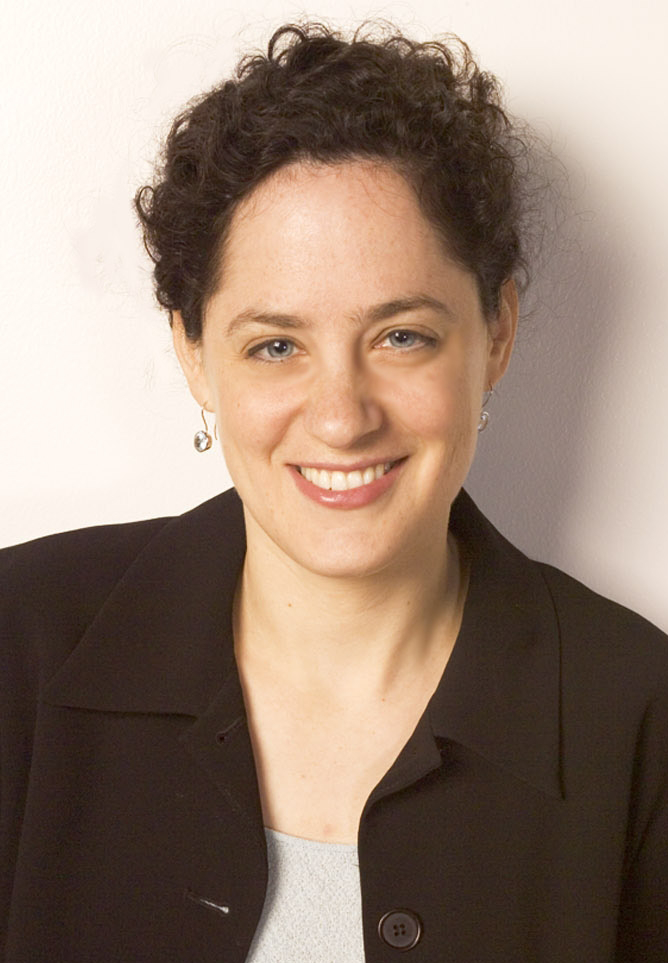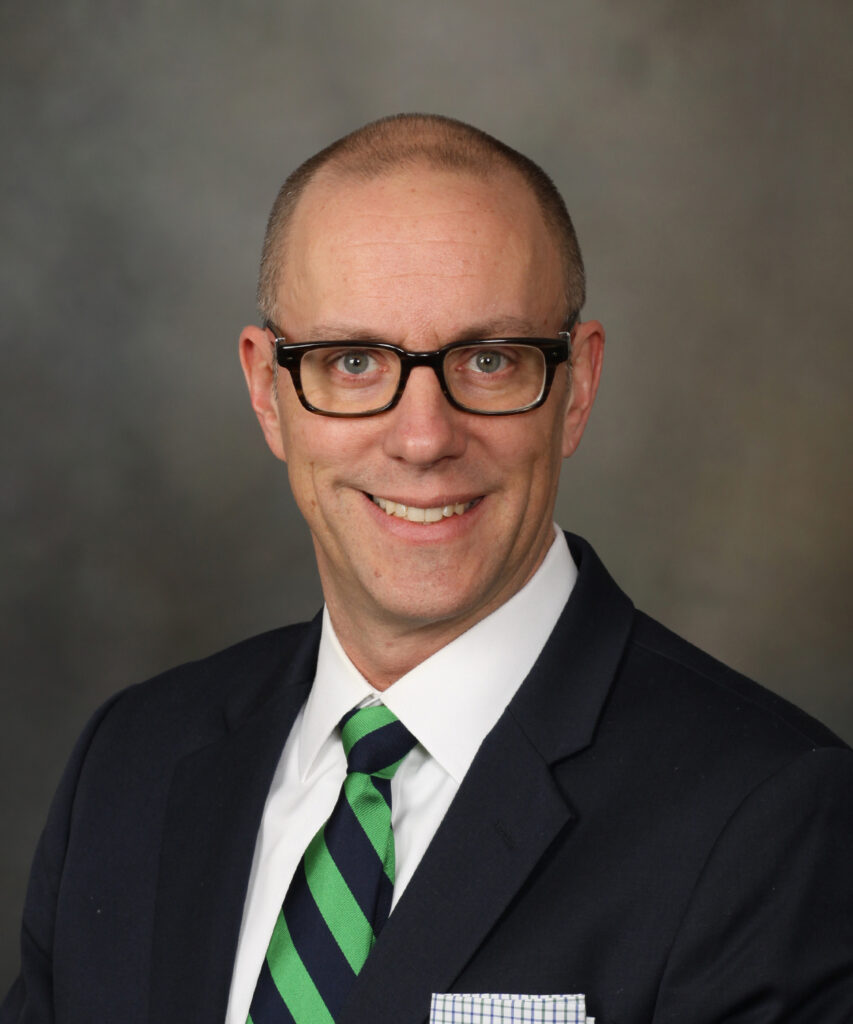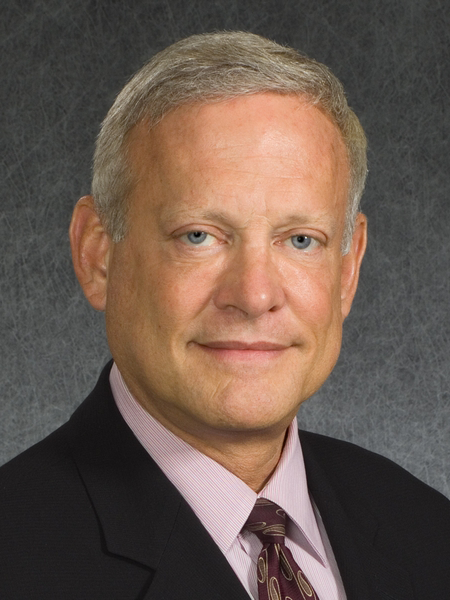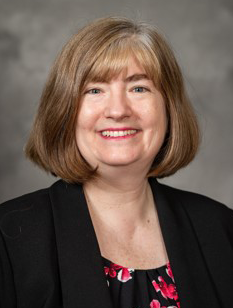Volunteer Spotlight: Experienced Oral Examiners Quickly Find Comfort on New Platform
By Rodney Campbell, ABR Communications Manager
June 2021;14(3):10
Less than a year after the ABR Board committed to moving from in-person to remote oral exams in 2021, candidates were online with examiners using the new platform. It took countless hours of staff and volunteer work, but the effort was worth it: a combined 918 interventional radiology (IR), medical physics (MP), and radiation oncology (RO) candidates took pilot and regularly scheduled exams in March and May.
Developing the platform required teamwork, from staff setting up the technical side to volunteers providing content for exams. Once all that was complete, training became a priority to prepare examiners for their duties.
“The training was essential,” said Jean Moran, PhD, an MP examiner from the University of Michigan Department of Radiation Oncology. “There was the practical aspect of learning how to navigate the software while having functioning audio and visual. Just as important, the ABR had a series of meetings which were recorded for reference that set the expectations for professionalism.
“The sessions were well attended with excellent engagement that included lively question and answer periods for each session.”
It’s important for examiners to feel comfortable using the platform so candidates can continue their track toward earning certification. Nothing vital was lost in translation to the remote platform, giving examinees a level playing field.

“Things seemed to go well,” said Jennifer Bellon, MD, an RO examiner from the Dana-Farber Cancer Institute. “We were able to give each candidate a fair exam.”
The ABR held a series of pilot exams to test the platform in a real-world atmosphere for examiners. The limited number of candidates who participated had the chance to earn certification if they passed. Those who didn’t or conditioned were eligible to take their regularly scheduled exam in May with no penalty.

“I participated in the pilot exam in March and, as a result, felt very familiar with the platform and the routine,” said Maureen Kohi, MD, an IR examiner from the University of North Carolina Department of Radiology. “I expected that the remote format would be highly efficient, functional, and successful.”
Not having to travel is an advantage for examiners and candidates. Everyone can participate from almost anywhere rather than flying to Tucson, a long journey for those on the East Coast.

There’s no place like home (or the office, in a pinch).
“It seemed like the candidates were as comfortable as they could possibly be, given the gravity and stress associated with an oral exam,” said Jon Kruse, PhD, an MP examiner from the Mayo Clinic in Minnesota. “Compared to previous years when this was done in person in a hotel room, I think the candidates seemed much more comfortable in their homes, which was nice to see.”

Remote exam apprehension seemed to be a nonfactor for many examinees. That could be chalked up to better familiarity with remote platforms after more than a year of dealing with fallout from COVID-19.
“Most candidates appeared to be comfortable, perhaps more comfortable than during the in-person exams,” said Michael Haddock, MD, an RO examiner from the Mayo Clinic in Minnesota.

Knowing the system is easy to navigate should encourage examiners to stay on board if invited for further exams. Many of the volunteers who took part in the May exams sounded eager to return.
“I will definitely be willing to participate again,” said Greg Walker, MD, an IR examiner from Harvard Medical School and Massachusetts General Hospital. “I commend the ABR staff on their diligence in making this format a reality and an effective one.”



